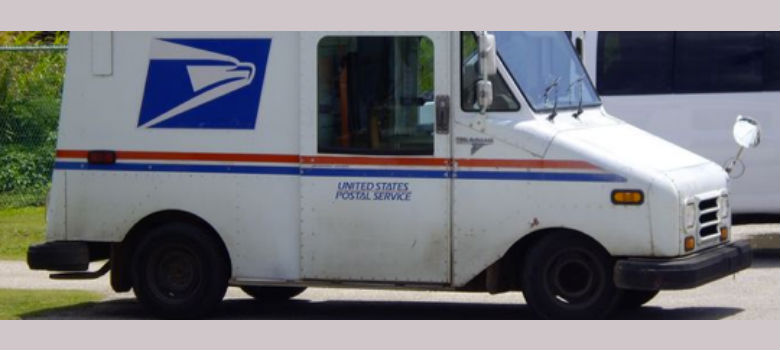The Postal Service is in a financially dire situation and. Small businesses that use it for marketing or distribution need to find alternatives.
Last March, the U.S. Postal Service (USPS) launched an aggressive marketing campaign targeting small-business owners. In a bid for survival, the goals were to convince more businesses to advertise via direct mail and to use the USPS to deliver products to customers. Working with the USPS, however, has become a risky proposition.
The USPS is in a financially dire situation, losing an estimated $25 million PER DAY. It survived 2012 by maxing out its $15 billion line of credit and by failing to make over $11 billion in required contributions to its employee retirement fund. Even if it ignores this year’s required retirement contributions (which it plans to do), the USPS will be completely out of money and credit by October.
Several bailout bills were introduced by Congressional supporters of the USPS, but they did not garner sufficient bipartisan support to become law, and the bill sponsors will not form part of the next Congress. If your business relies on the USPS, it’s time to develop a contingency plan, as the service is likely to face disruptions later this year.
About Mike Periu
Mike is a seasoned executive with experience in small business finance and management. He is the founder of Proximo, LLC a leading provider of corporate, consumer and small business education and training services with an emphasis on finance and technology.
Mike Periu is also a leading national voice for individual empowerment through financial education and entrepreneurship. He has been interviewed over 500 times in national and international media, including NBC, Univision, CNN en español, Telemundo, HITN, TVE, RTE, SBS, MegaTV and others.
Mike writes regularly for American Express OpenForum, Yahoo! Finanzas and is a Huffington Post contributor.
Mike has degrees in Finance and International Business from Georgetown University. He is on the Board of Directors of the Council for Economic Education and was a Fellow at the Kauffman Foundation’s Labs for Enterprise Creation.
